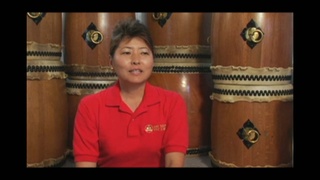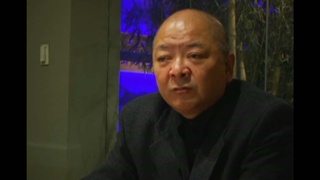Interviews
Parents in Utah
And my folks were, you know, despite a lot of discrimination that they may have faced from some of the customers, et cetera, which I never complained about, they used to have oftentimes Caucasian men, workers and to breakfast or to, you know, mainly to breakfast because they didn't have much money. So, you know, my folks were always kind and and helped them out.
And that's that sort of, you know, the way they were. They always were kind to others even though people weren't kind to them. But they were always kind to others.
Date: May 13, 2022
Location: California, US
Interviewer: Evan Kodani
Contributed by: Watase Media Arts Center, Japanese American National Museum










